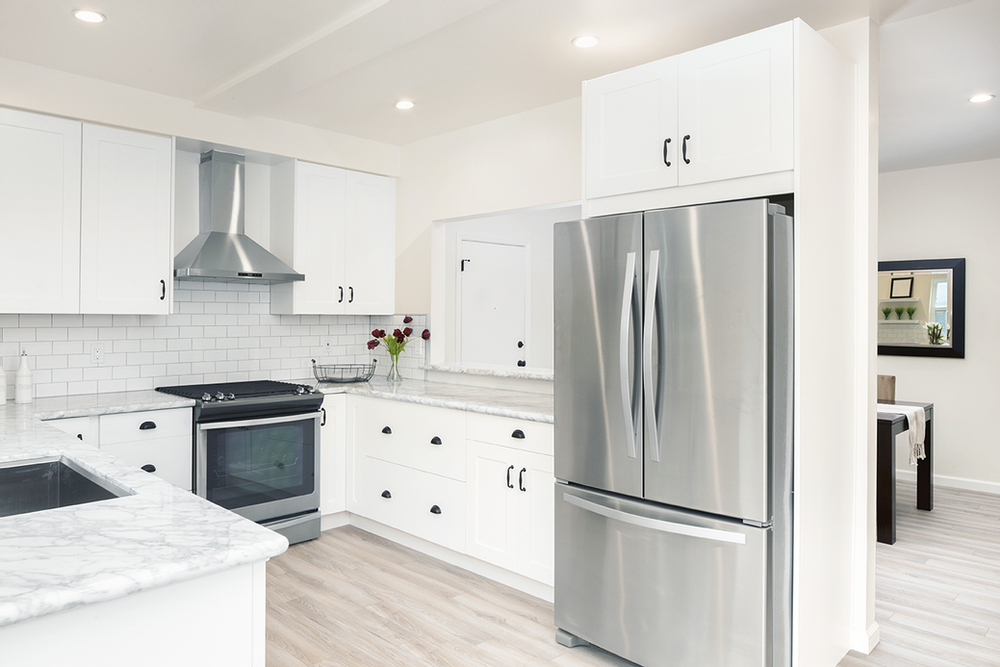
As more awareness is brought to the need to increase energy efficiency and reduce wasted energy, not to mention the financial benefits that households receive by minimizing their utility bills, many people find themselves wondering what the best way to start is. You can take the basic actions that many people already know about, such as replacing incandescent lightbulbs or buying ENERGY STAR appliances, but is that enough? Many homeowners are left unsure what other options are being left on the table.
Luckily, this rising awareness and concern for saving energy, both for the sake of carbon footprints and household budgets, brings with it a growing industry of companies, professionals, and services who are ready and able to help you find the optimal and most cost effective energy solutions for your homes. Energy audits and home energy assessments are becoming commonplace, and if you’ve never had one performed on your home then keep reading to see how they can help you.
Energy audits and home energy assessments are two terms for the same practice. As defined by the American Council for an Energy-Efficient Economy, energy audits are “thorough accounting of the energy use of a building.” Put in plain language, energy audits simply mean taking stock of what uses energy in your home and how much energy each part of the home uses, then using that information to identify where energy could be used more efficiently or building upgrades can be implemented to minimize the amount of energy needed in the home to accomplish the same end functions.
The basic idea behind a home energy audit is that many homeowners look at their energy use and the ultimate power bill delivered to them each month as a sort of black box. You use the electricity or gas in your home as you need and in the end a power bill is delivered that’s usually about the same amount, but that’s just the family’s ‘assumed cost’ of energy. Sure, they may notice that months that are particularly hot see the utility bill rise because the air conditioner is working overtime, but that change is typically the extent of the variability assumed. Home energy audits pull back the curtain and reveal where, in fact, energy is being wasted when it doesn’t need to be and how that monthly utility bill can be brought down in cost-effective ways.
The U.S. Department of Energy notes that home energy audits should be any homeowner’s first step before trying to make energy upgrades to their house, noting that such assessments can come via Do-It-Yourself Home Energy Audits or Professional Home Energy Audits.
For the DIYers out there, homeowners can run through a checklist of items to look for from DOE, which includes:
Locating air leaks
Assessing ventilation
Checking insulation
Inspecting your HVAC system
Replacing inefficient lighting
Upgrade appliances and electronics
However, even equipped with this list of areas of the home to check, many homeowners will struggle to identify exactly what constitutes good or bad energy efficiency practices. For that reason, having a professional home energy audit completed is typically advised. Experts who perform home energy audits are trained to inspect each of the above items and more. They will certainly be able to detect areas of concern that you may miss with you untrained eye, and even more valuably they are also already knowledgeable in what type of solutions will be best suited for your home, your price range, and your specific needs.
Professional home energy auditors can be found in a number of ways. Many companies exist where performing these home assessments is what they do, and you can find some great options by checking out the listings for your area online or in the phone book, or even by talking to your neighbors to see if they’ve had assessments done. If you do talk to neighbors who have had energy audits, you may find that they’ve gotten theirs through the local utility or via the state or local government, all entities that commonly offer programs for home energy assessments. So, be sure to check with these organizations in your area to see if there such solutions are possible for you.
Just because a home is a new one does not mean that there aren’t opportunities for energy savings, as construction practices don’t always take energy efficiency as seriously as you may, and energy efficiency technologies evolve greatly from year to year.
Specifically, some of the most common findings from an energy audit that you’ll want to embrace via home upgrades include (but are not limited to) the following:
Replace inefficient lighting, appliances, water heaters, or HVAC equipment
Engage in maintenance measures in the heating and cooling systems, such as replacing air filters more regularlyInstalling high-efficiency windows or doors to prevent heat lossHiring someone to air seal your home and prevent leakage of heat and airUpgrade to a programmable or even smart thermostat.
The Alliance to Save Energy provides the following example table on how much these upgrades may cost you but also how much an average home may save in annual energy costs and assess the period of time before those cost are recouped:
This table is just an example, but it shows how a professional home energy audit can uncover the energy upgrades that are the most cost-effective (those with payback periods of less than 10 years) and which are not as low-hanging fruit for the family (those with longer payback periods).
In the end, you tend to trust other professionals to tell you where things are falling short, whether that’s a doctor to assess your health, a mechanic to evaluate your car, or an accountant to look at your taxes. So why not utilize a professional home energy audit to check out your home’s energy use—the initiative will almost surely pay for itself in the end.